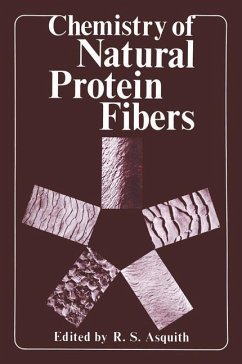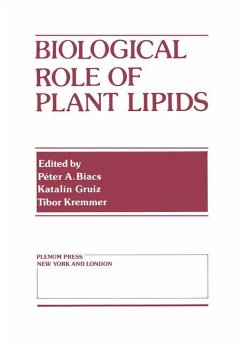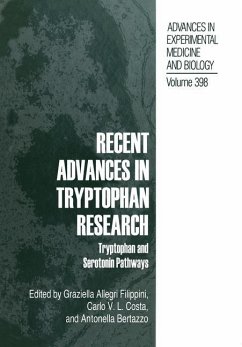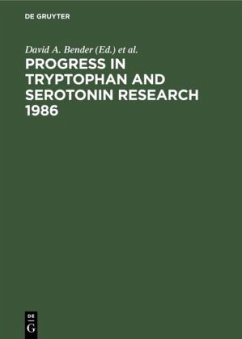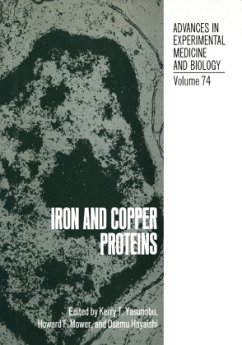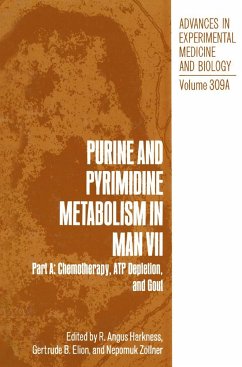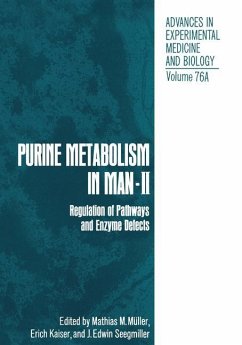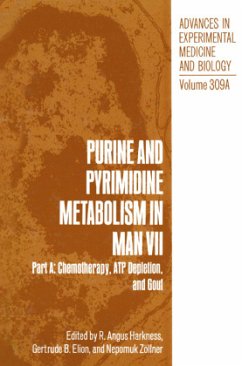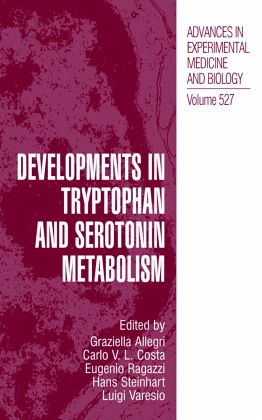
Developments in Tryptophan and Serotonin Metabolism
Versandkostenfrei!
Versandfertig in 1-2 Wochen
229,99 €
inkl. MwSt.
Weitere Ausgaben:

PAYBACK Punkte
115 °P sammeln!
This volume contains the proceedings of the Tenth International Meeting of the International Study Group for Tryptophan Research (ISTR V), held at the University of Padova, Padova, Italy, from 25-29 June, 2002 under the auspices of the Ministry of Education, University and Research (MIUR) in Roma, the University of Padova, the Italian Chemical Society - Division of Pharmaceutical Chemistry, the Veneto Region and the City of Padova. The meeting was organized to cover the recent developments in the field of tryptophan research. Weare very honoured that so many speakers accepted our invitation to...
This volume contains the proceedings of the Tenth International Meeting of the International Study Group for Tryptophan Research (ISTR V), held at the University of Padova, Padova, Italy, from 25-29 June, 2002 under the auspices of the Ministry of Education, University and Research (MIUR) in Roma, the University of Padova, the Italian Chemical Society - Division of Pharmaceutical Chemistry, the Veneto Region and the City of Padova. The meeting was organized to cover the recent developments in the field of tryptophan research. Weare very honoured that so many speakers accepted our invitation to give plenary lectures which, with the other communications, demonstrated the high scientific value of the Meeting. The publications in this volume are subdivided into nine main chapters, and cover all the major aspects in immunology, neurobiology, psychiatry, pathology, clinics, metabolism, enzymology, pharmacology, toxicology, melatonin, exercise and analytical chemistry. The volume includes the contributions of 325 scientists from 24 countries, and the Musajo Memorial Lecture delivered by Prof. Osamu Hayaishi during the Opening Ceremony.




